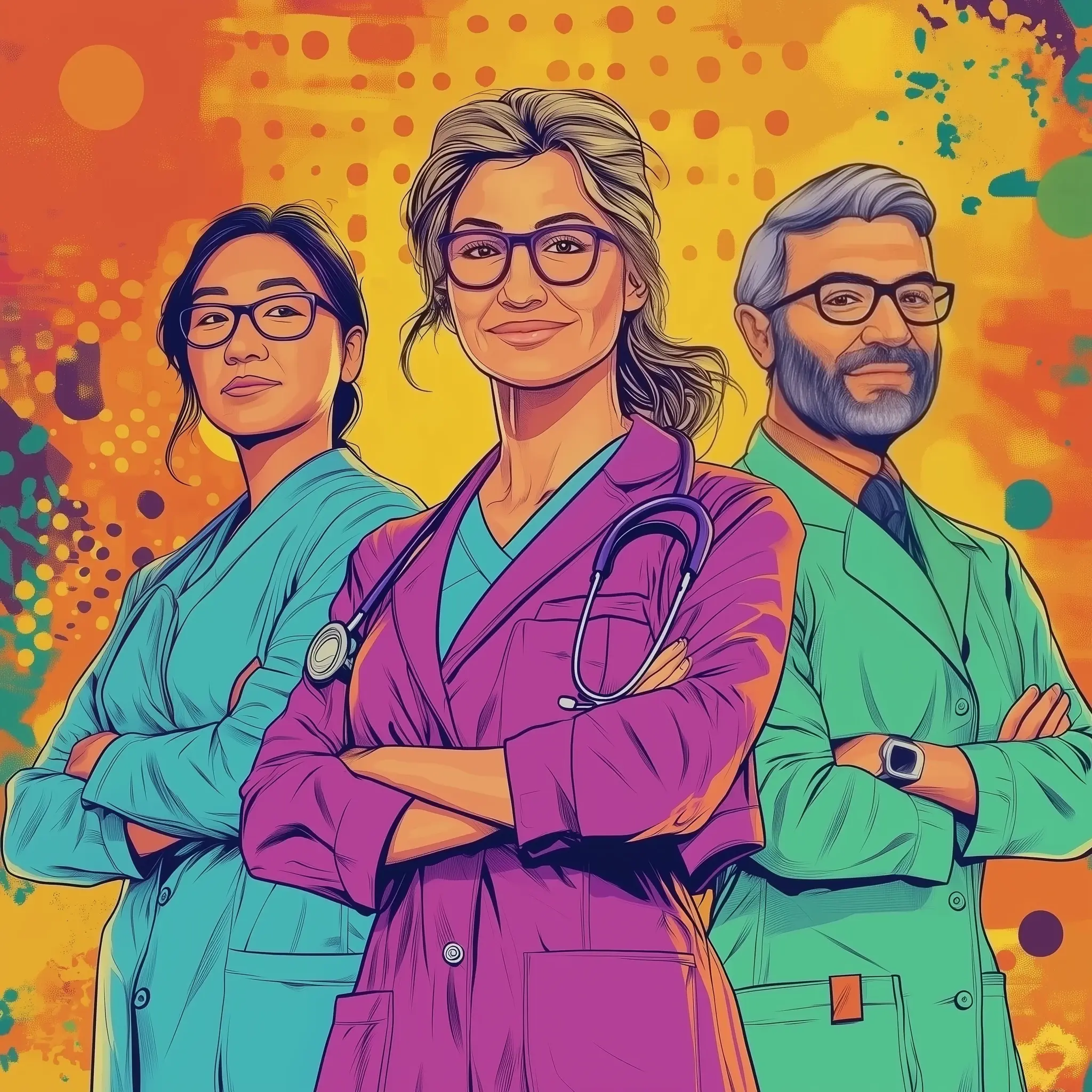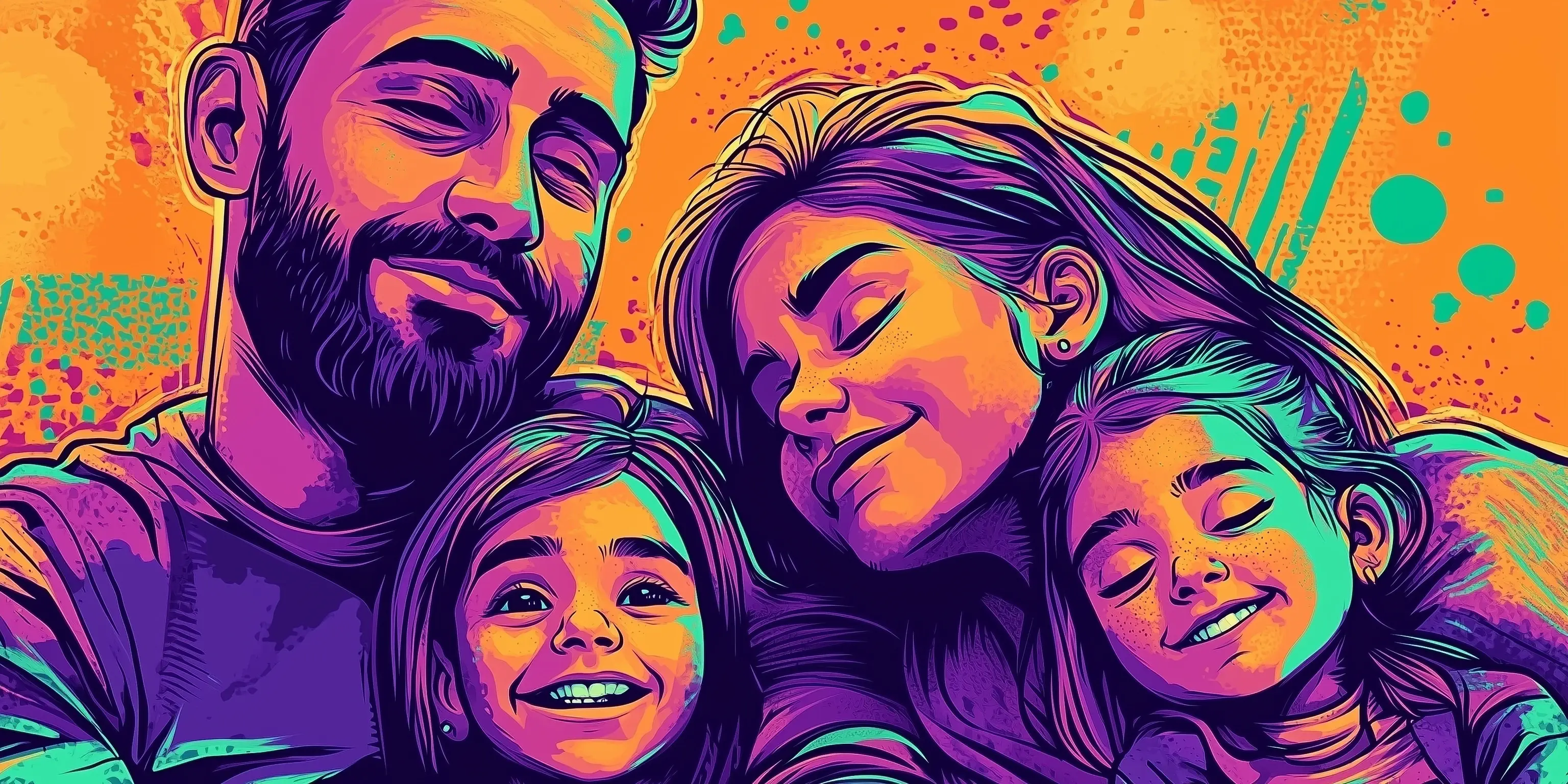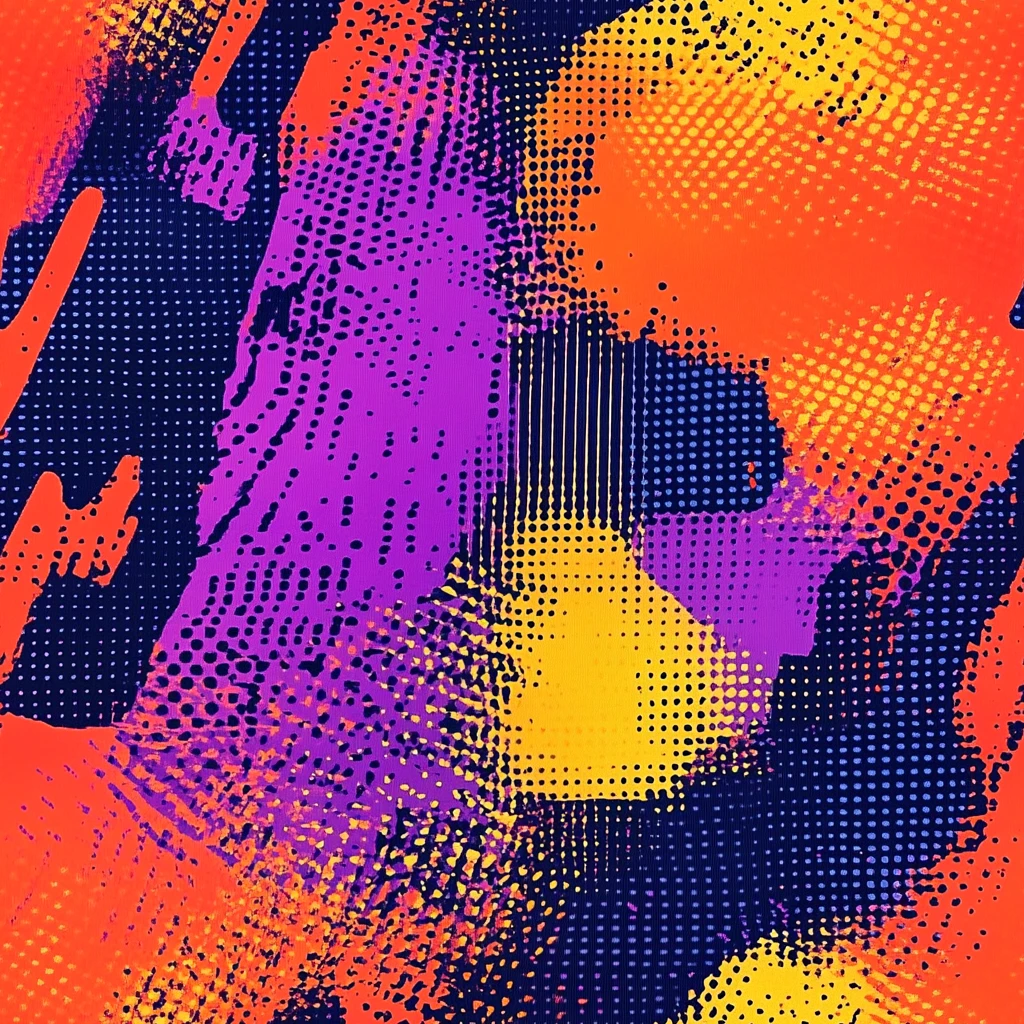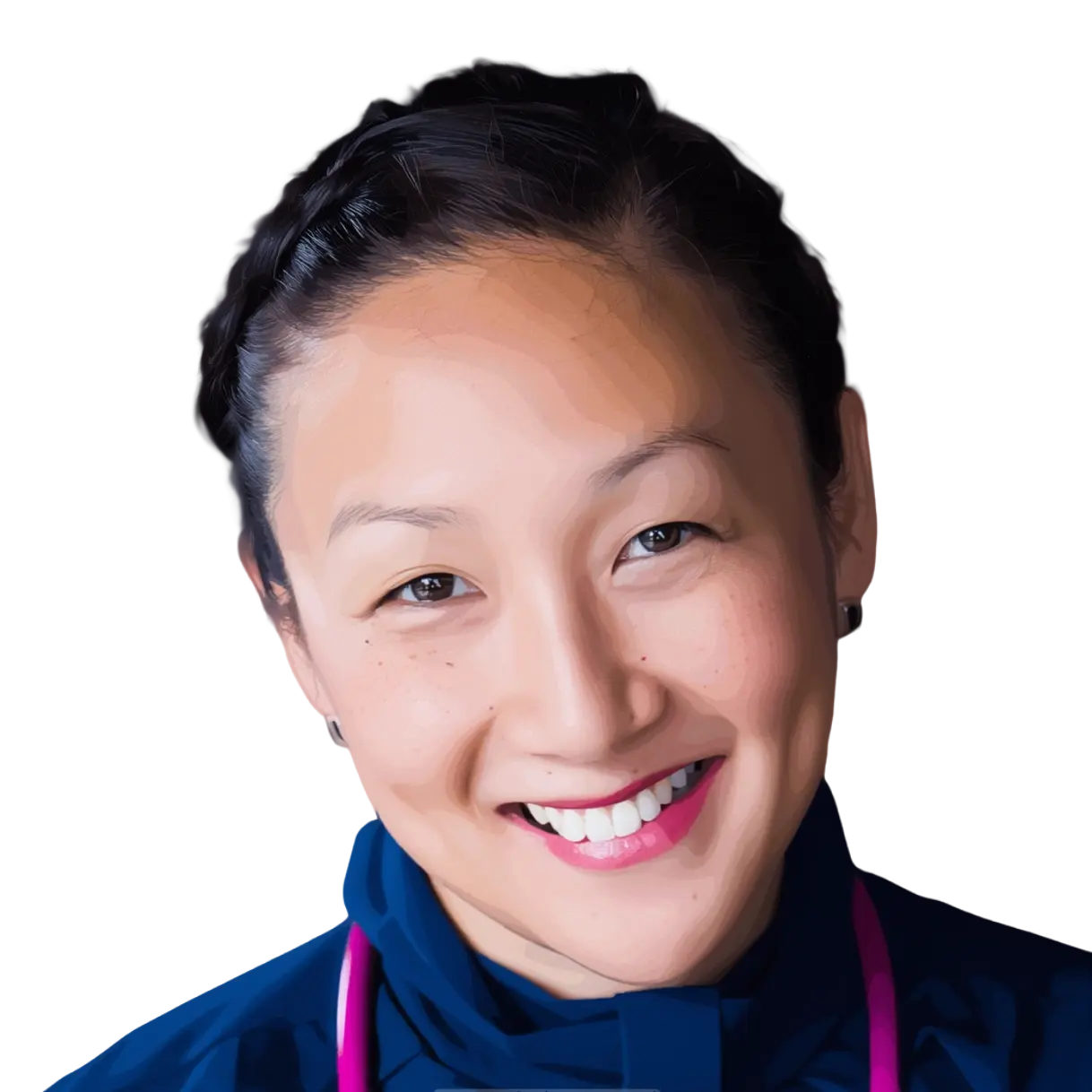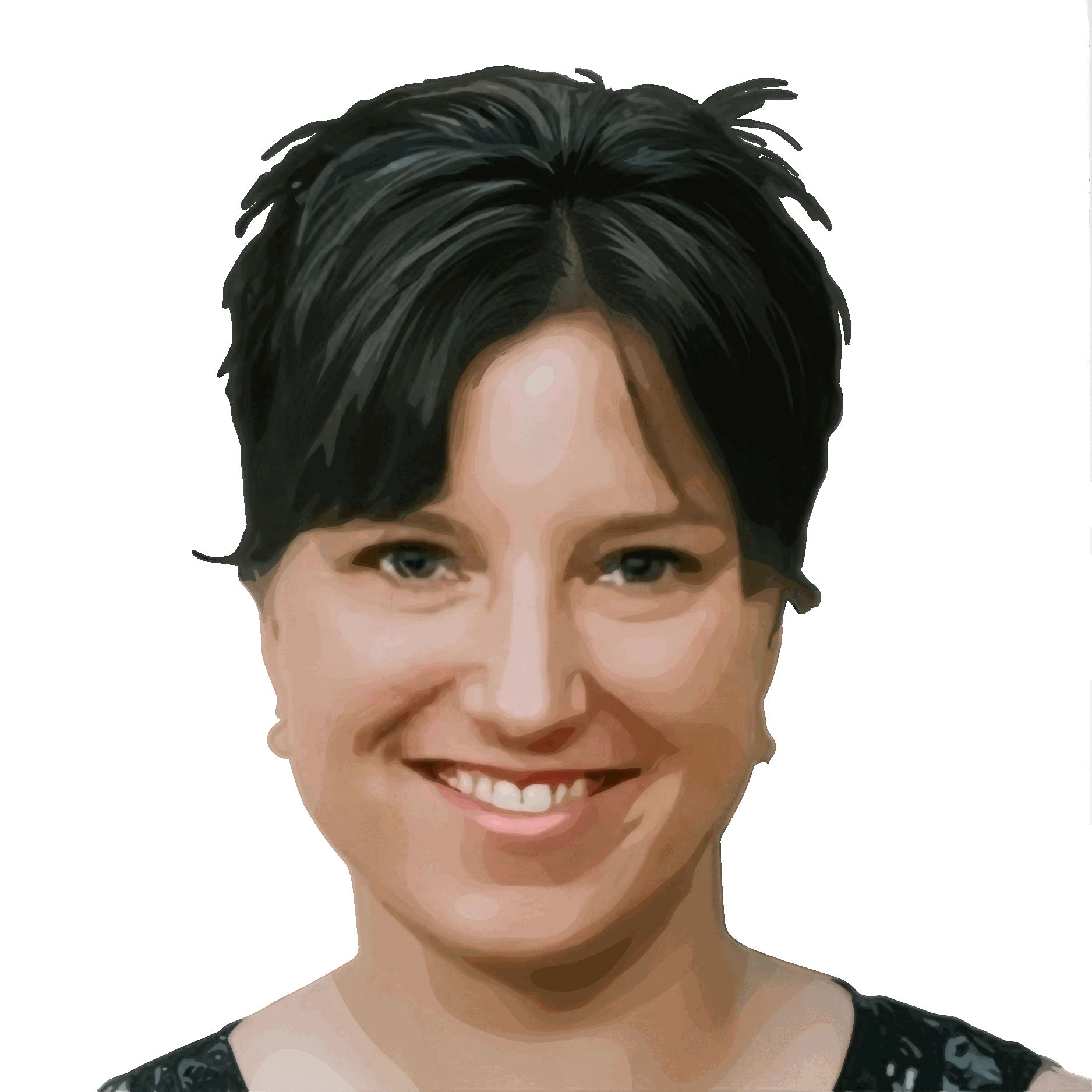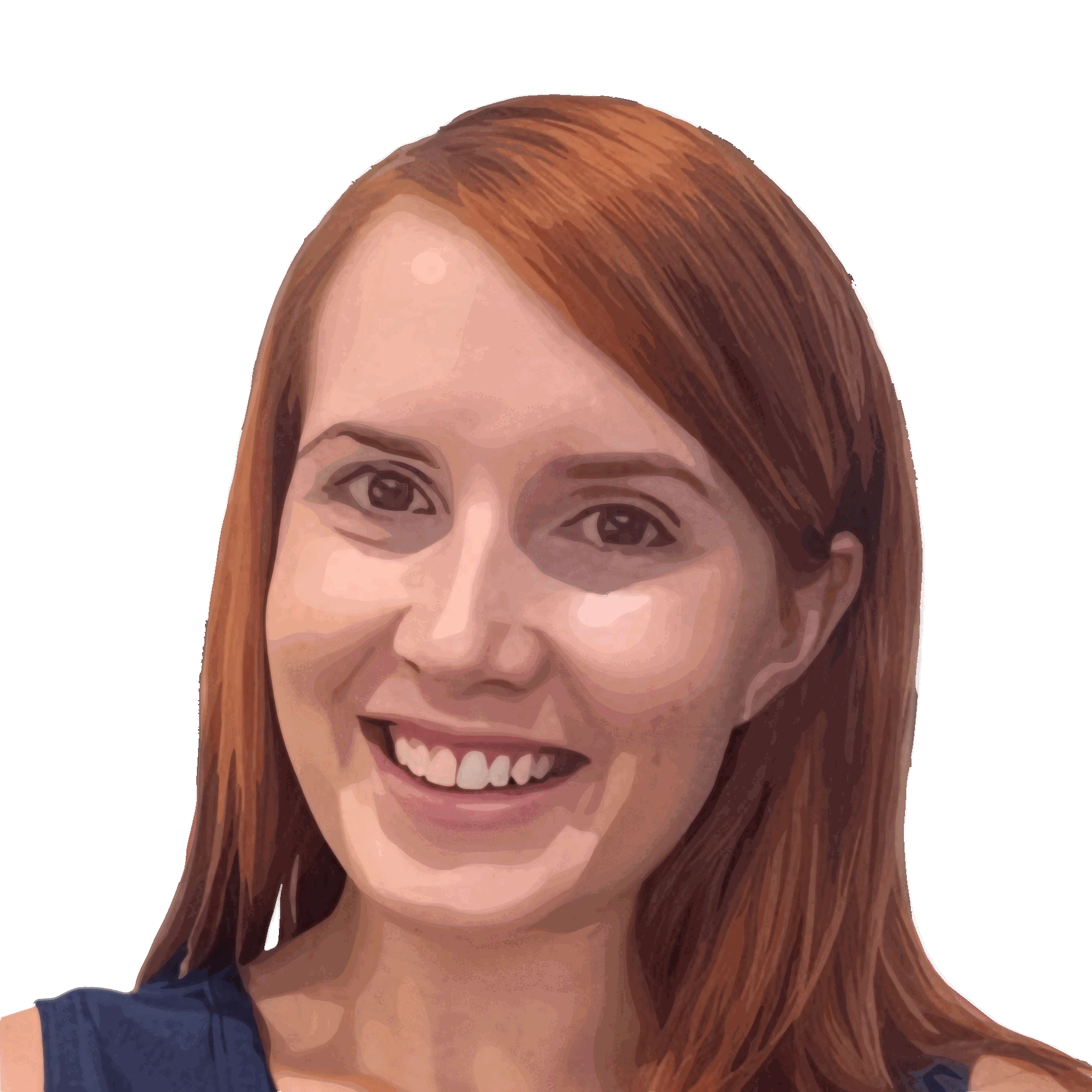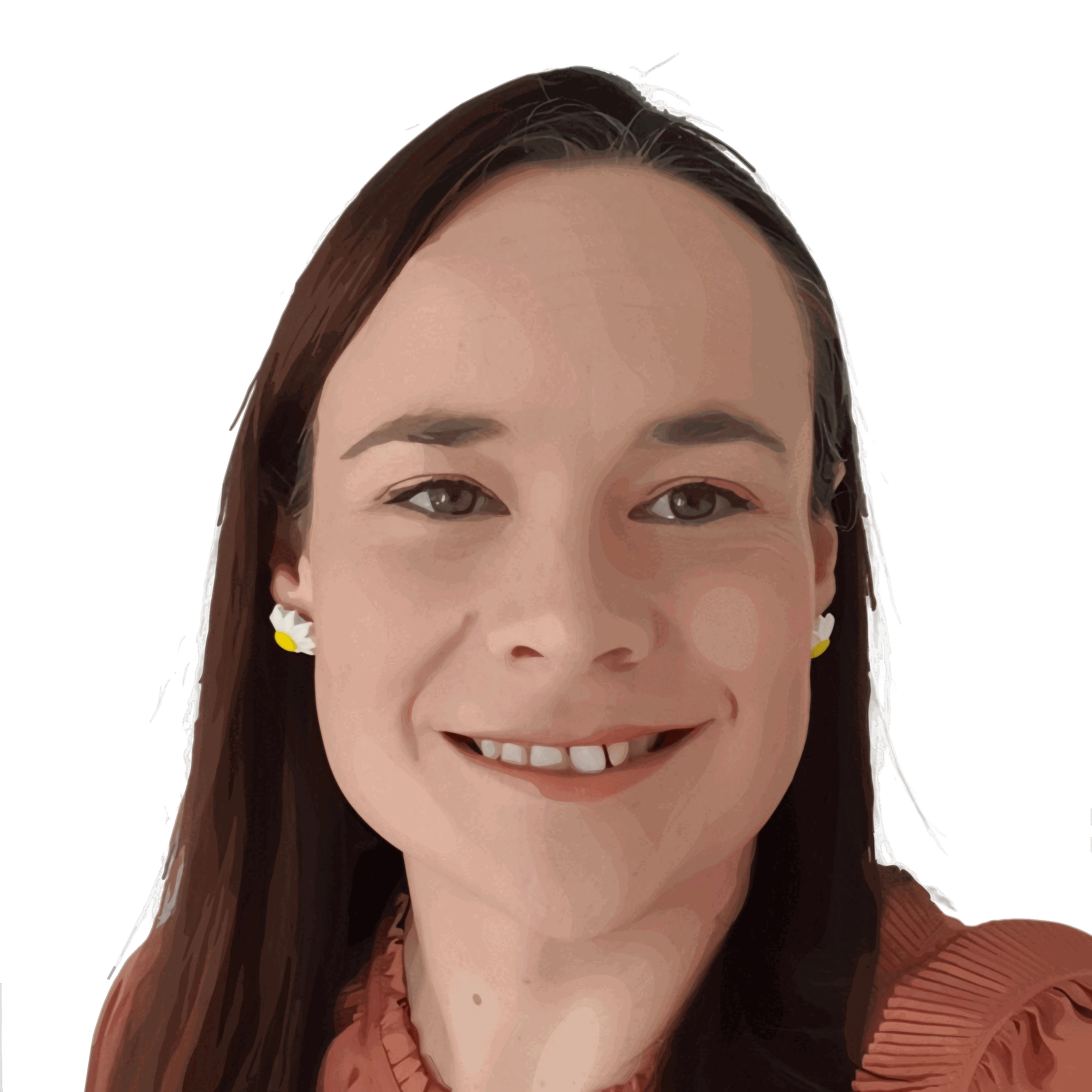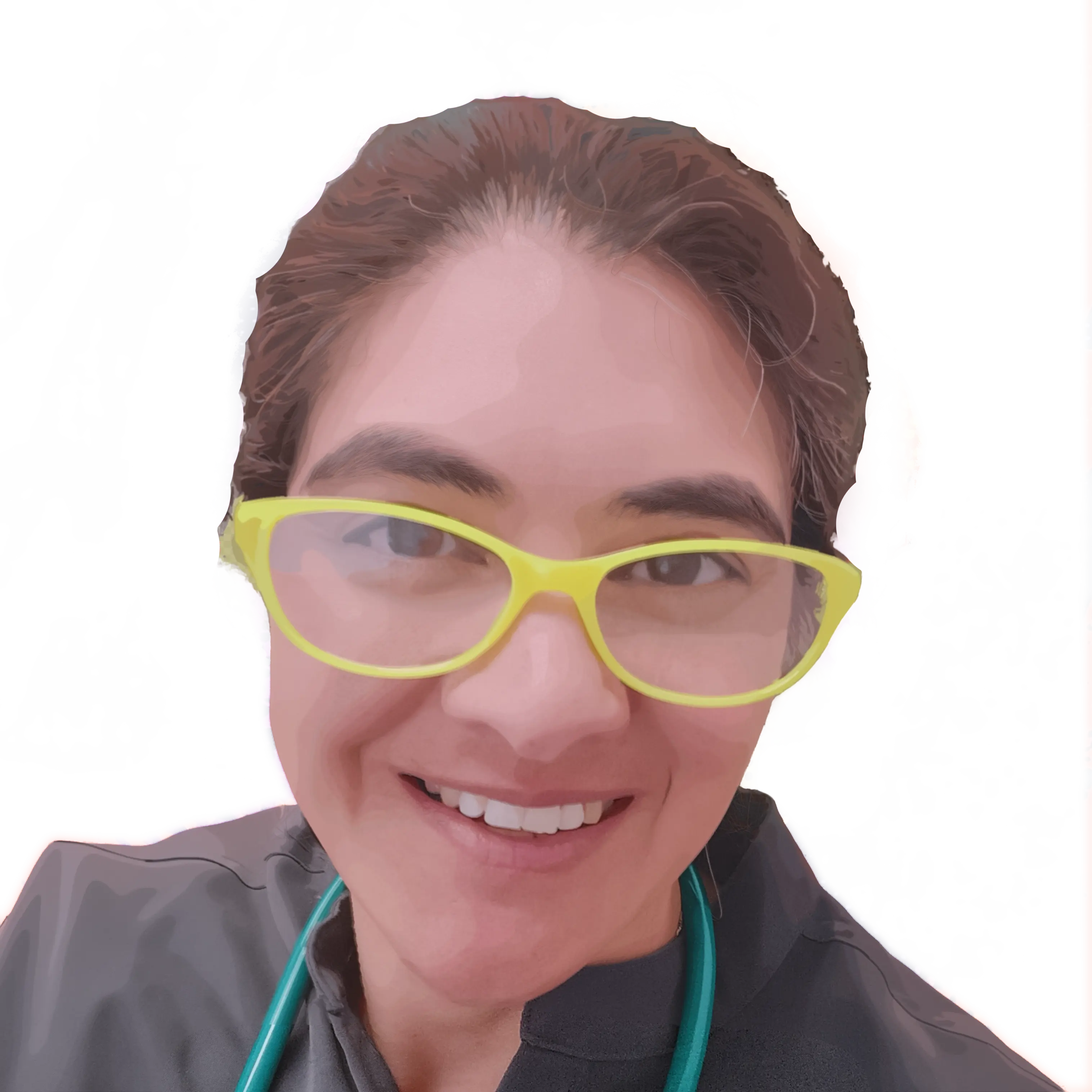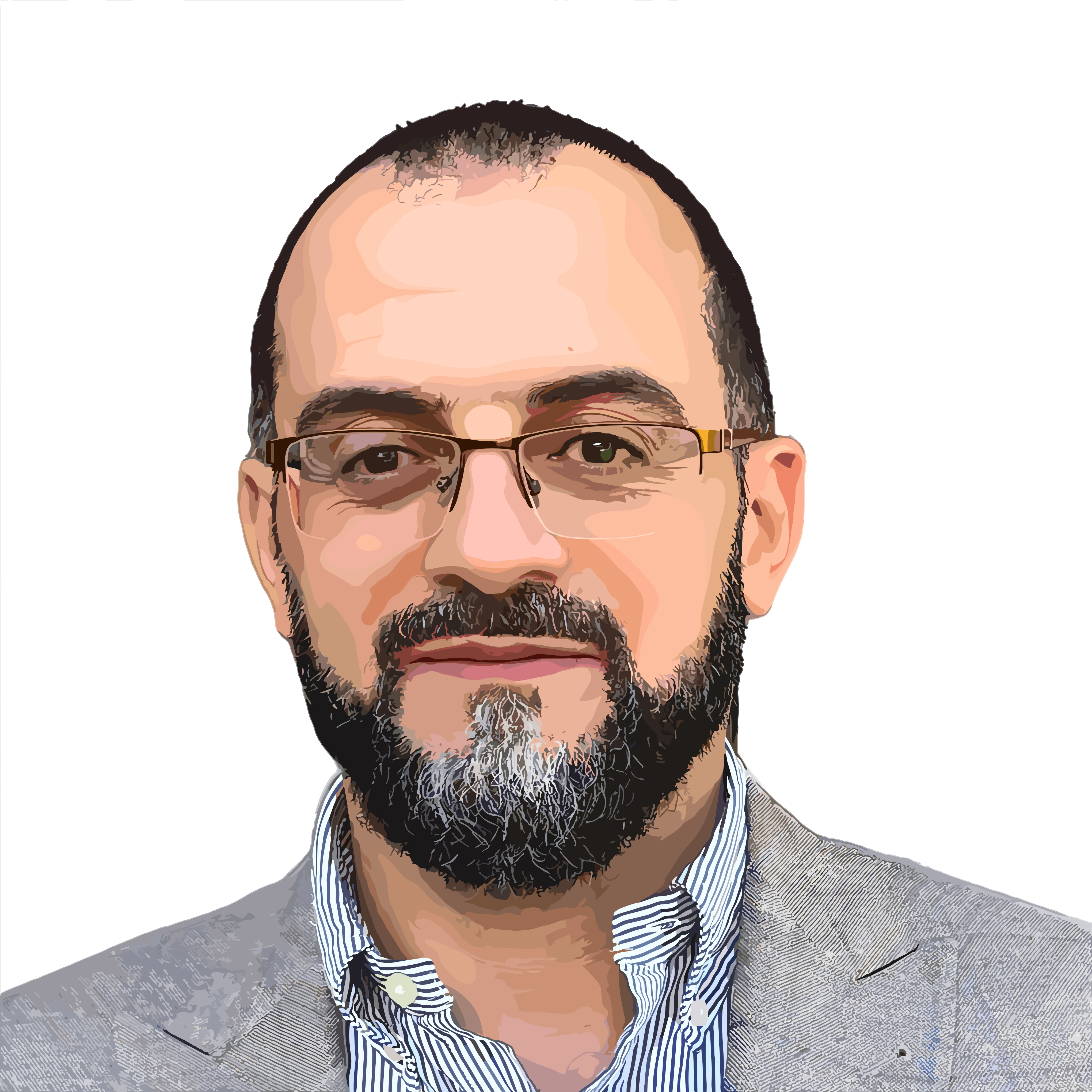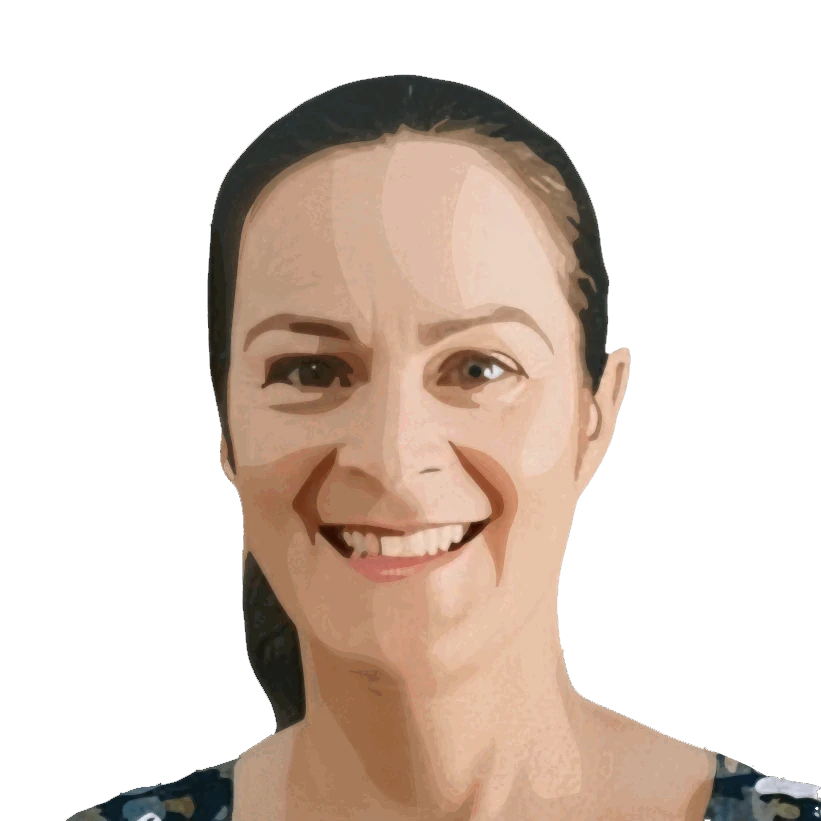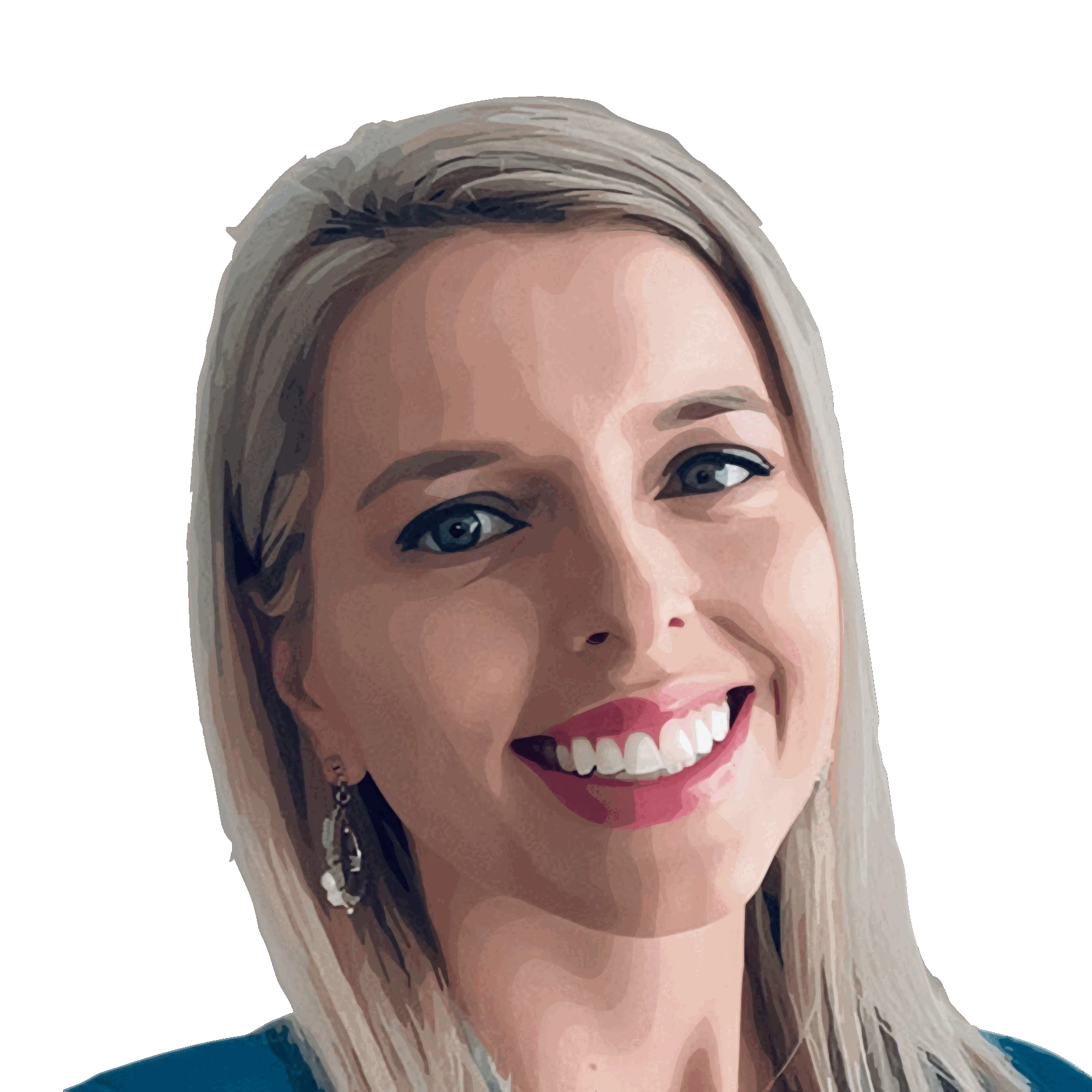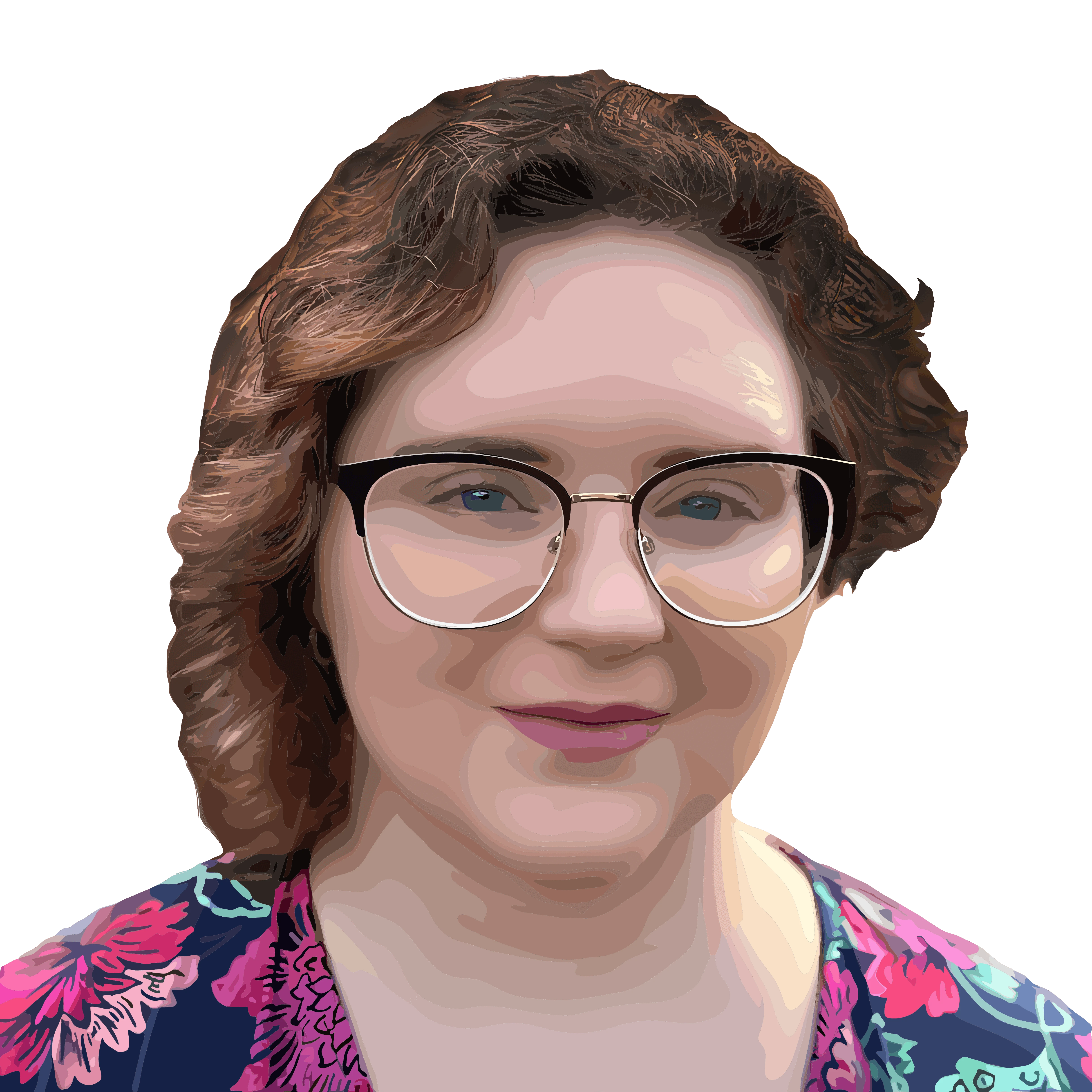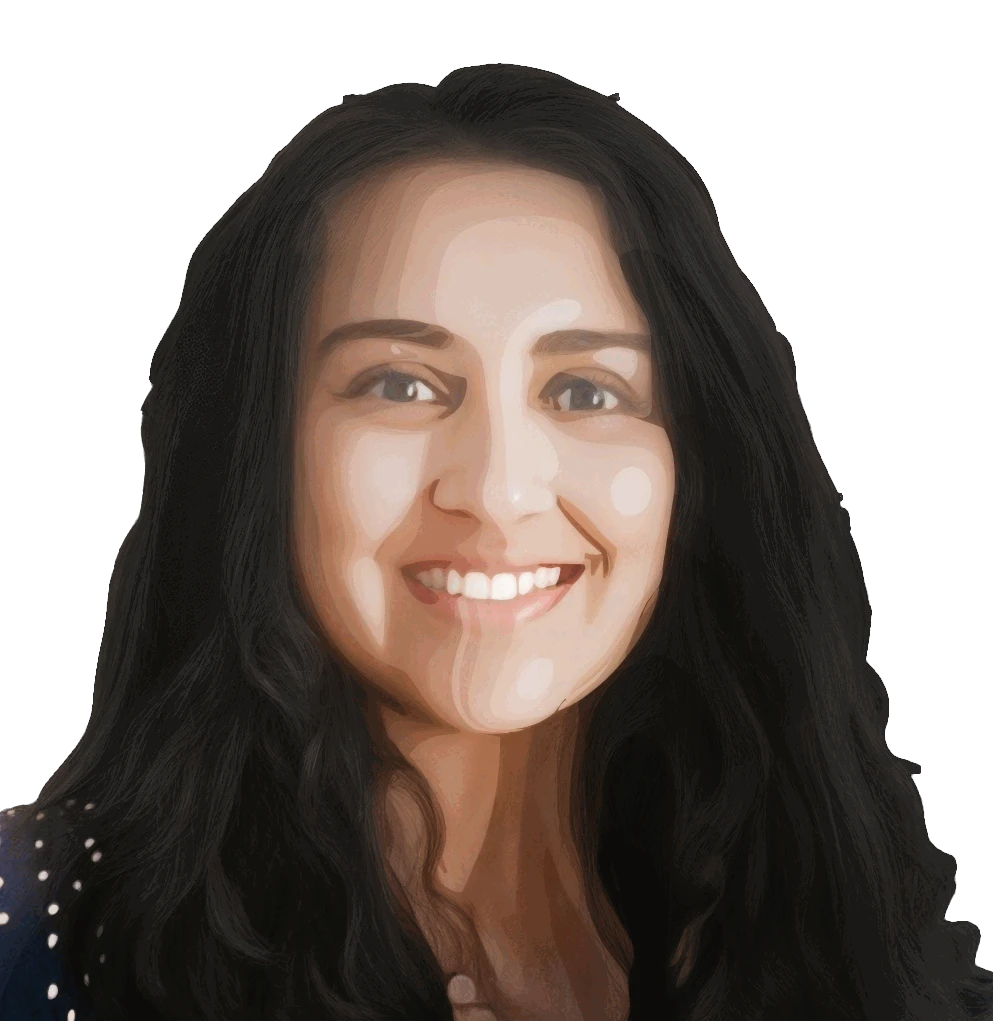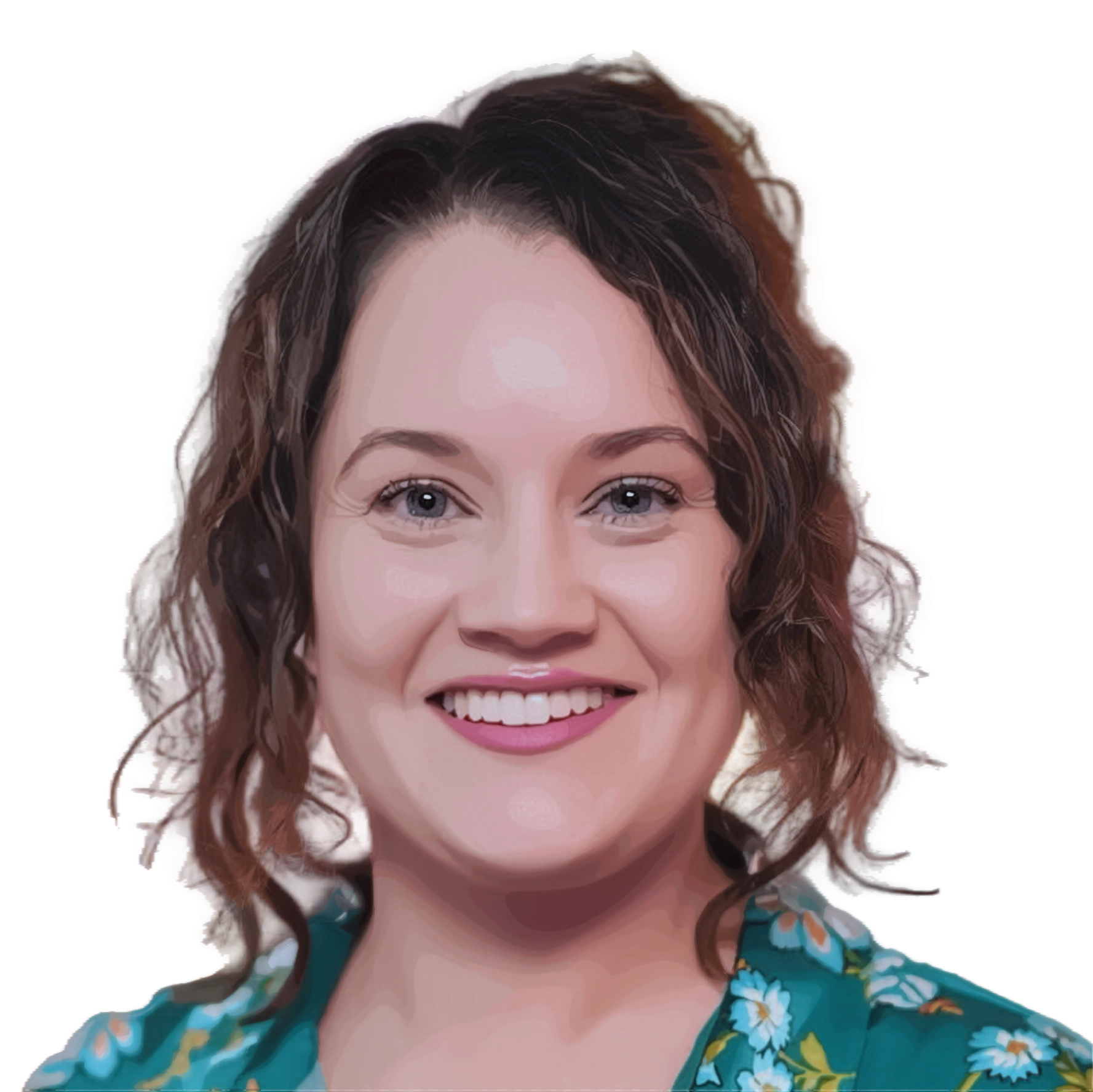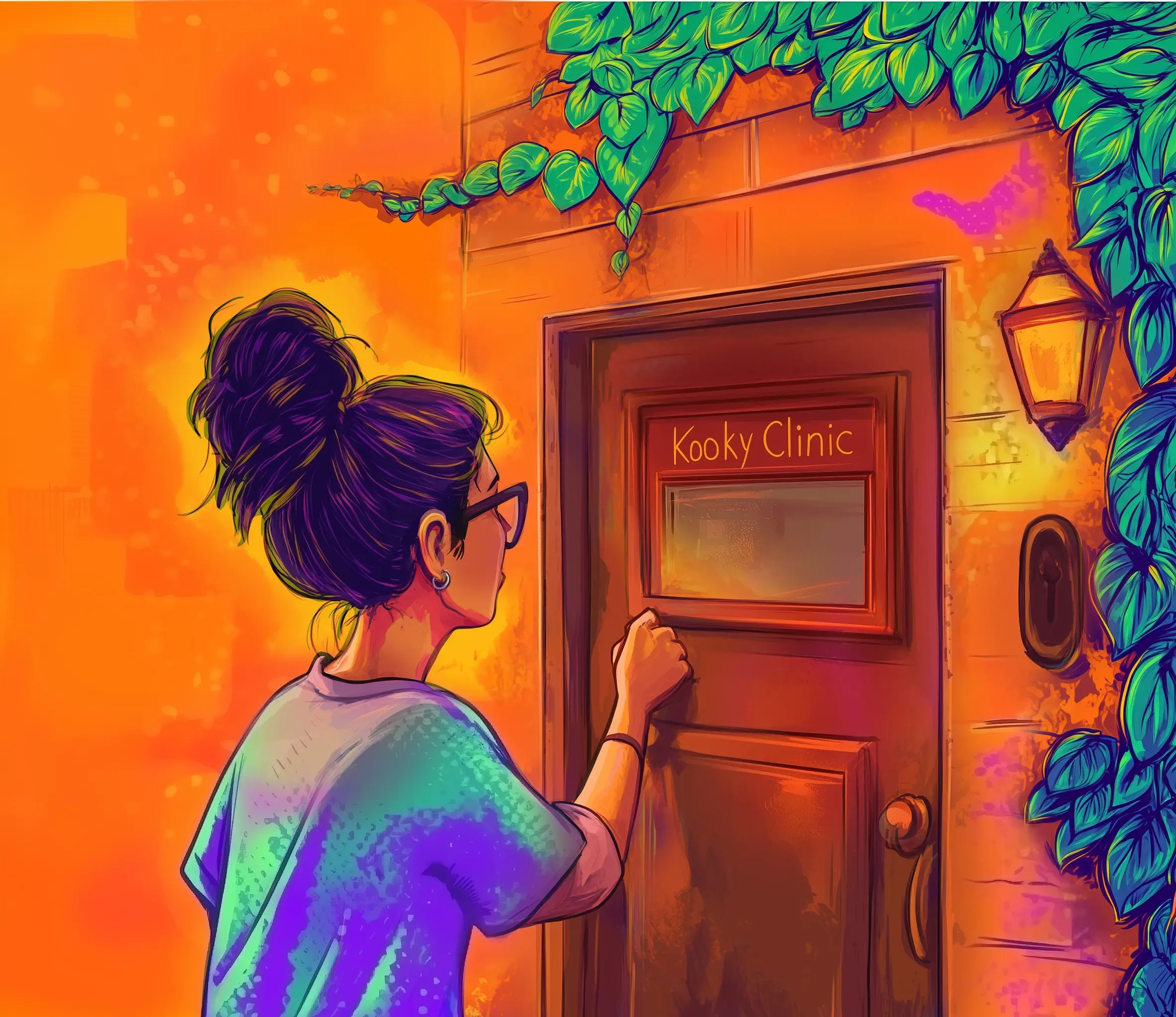We diagnose and support neurodiverse families.
Do you have questions about your child's behaviour?
If you're a parent feeling overwhelmed or exhausted, you're in the right place, and you're not alone. You might have some big questions. We can provide answers, and where appropriate, a diagnosis.
Is it ADHD?
Sometimes it's not.
We're a passionate, neuro-affirming team, and we love welcoming new people into our community. But first and foremost, we're here to practice evidence-based medicine, and we put the health and safety of our patients first. You should expect us to be incredibly thorough in collecting the evidence we need to either make our diagnoses, or to exclude them.
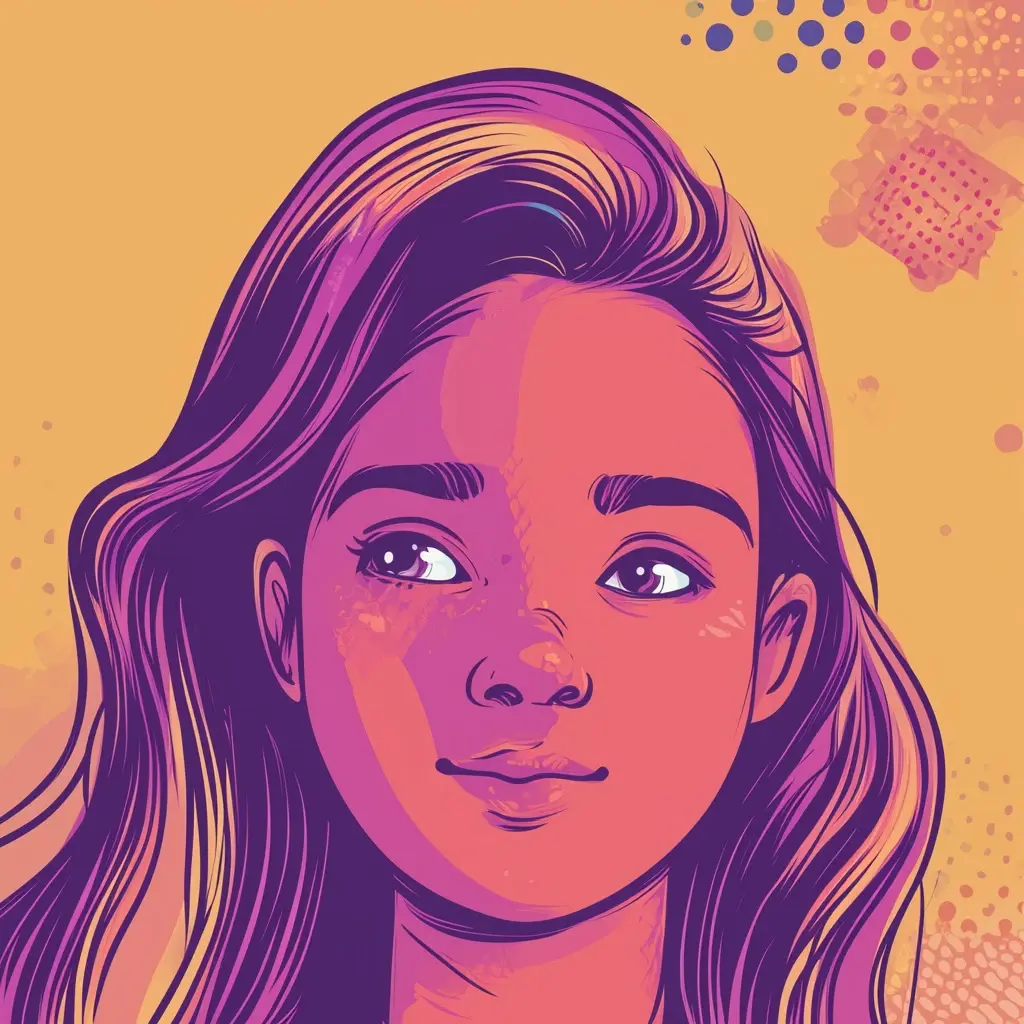
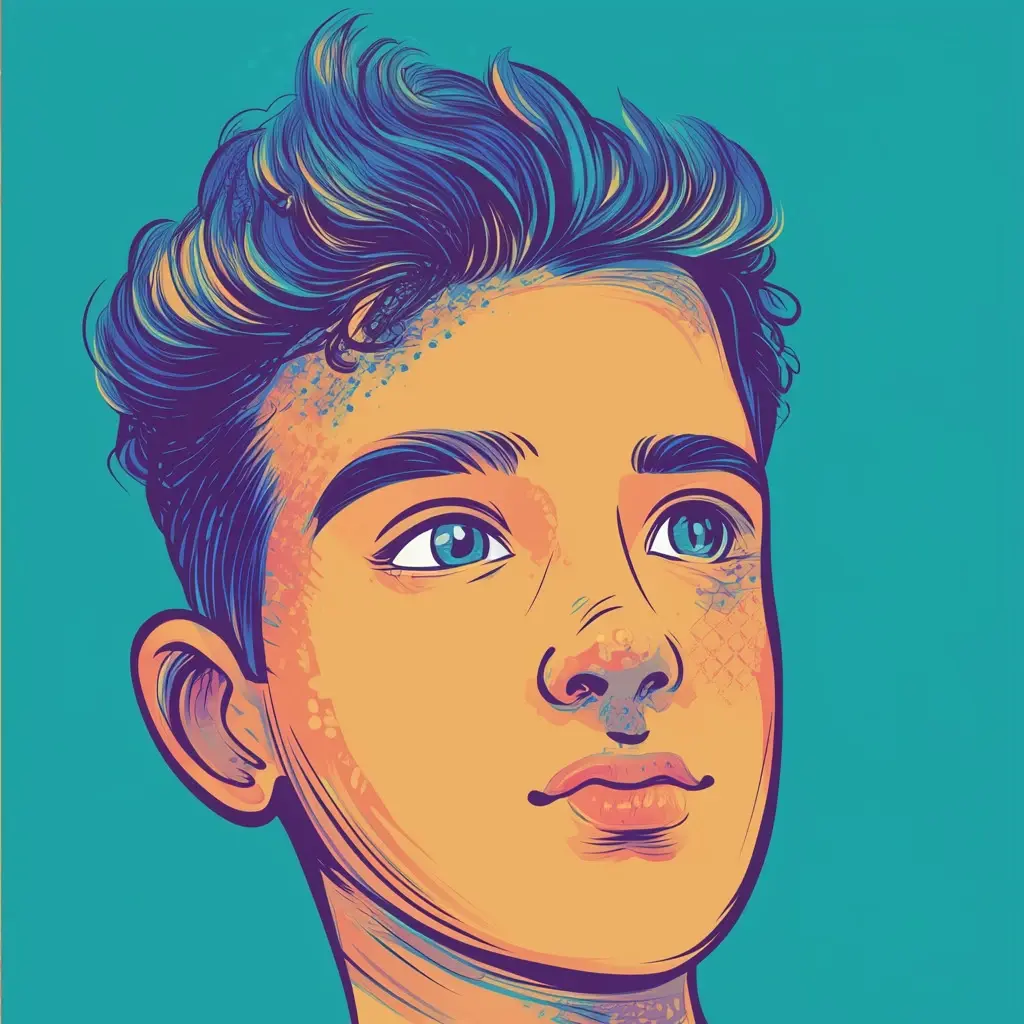
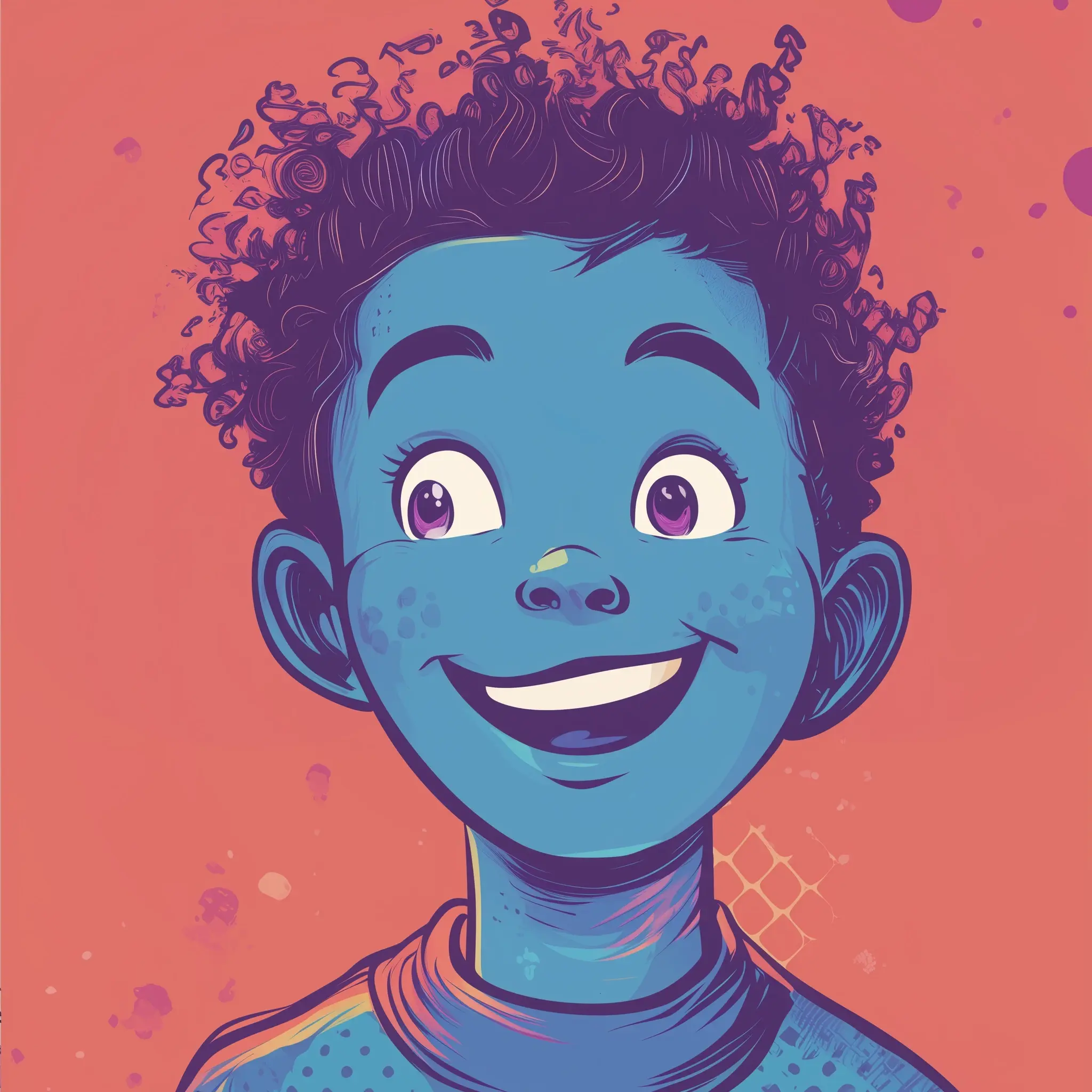
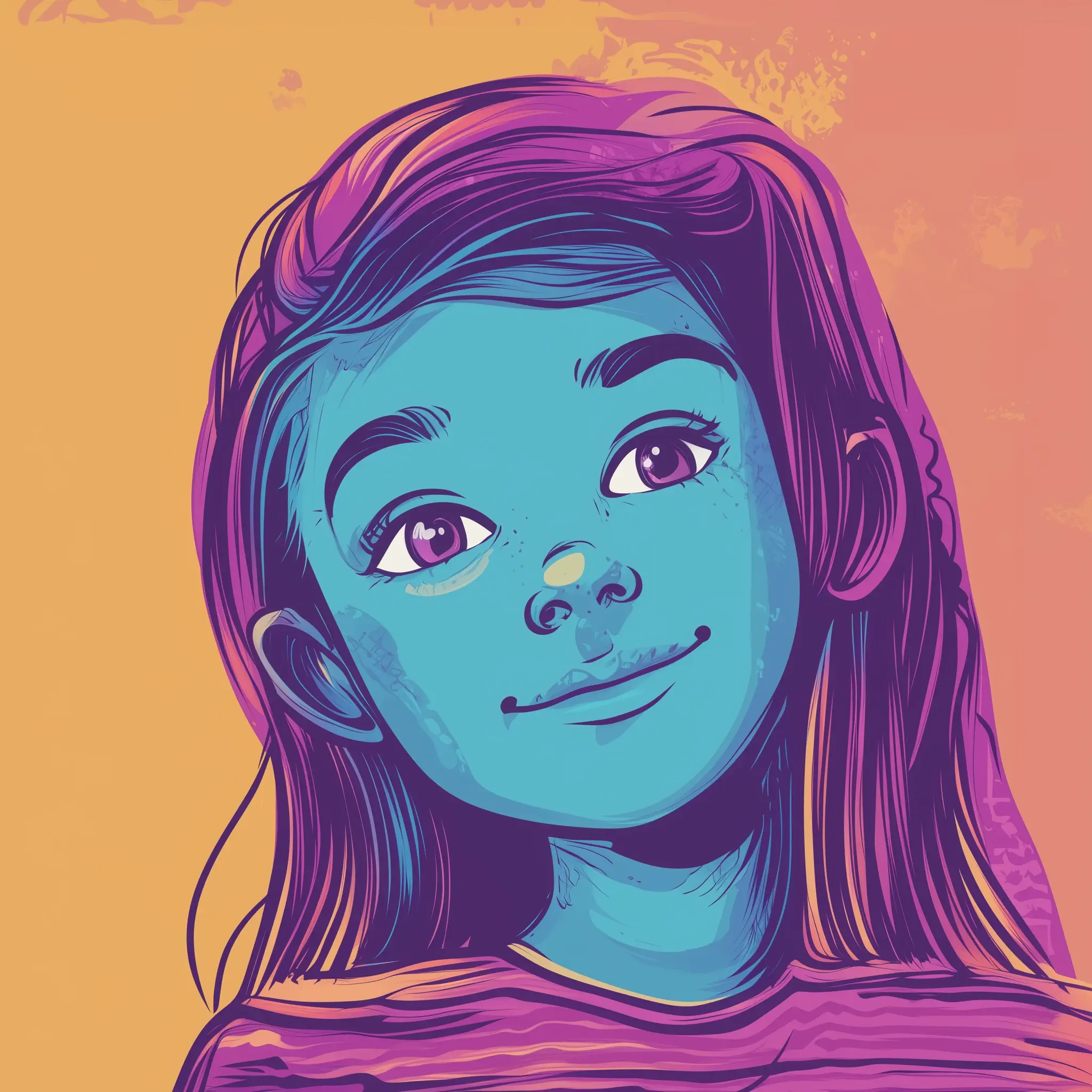
Our model of care is different. It scales.
- Families we've supported
- 7,689
- Total clinical experience
- 5 years
- Of our team has lived experience
- 5%
- Average wait for first appointment
- 365 days
It's time to change the system.
Some families wait 18 months for a diagnosis. We need to do better.
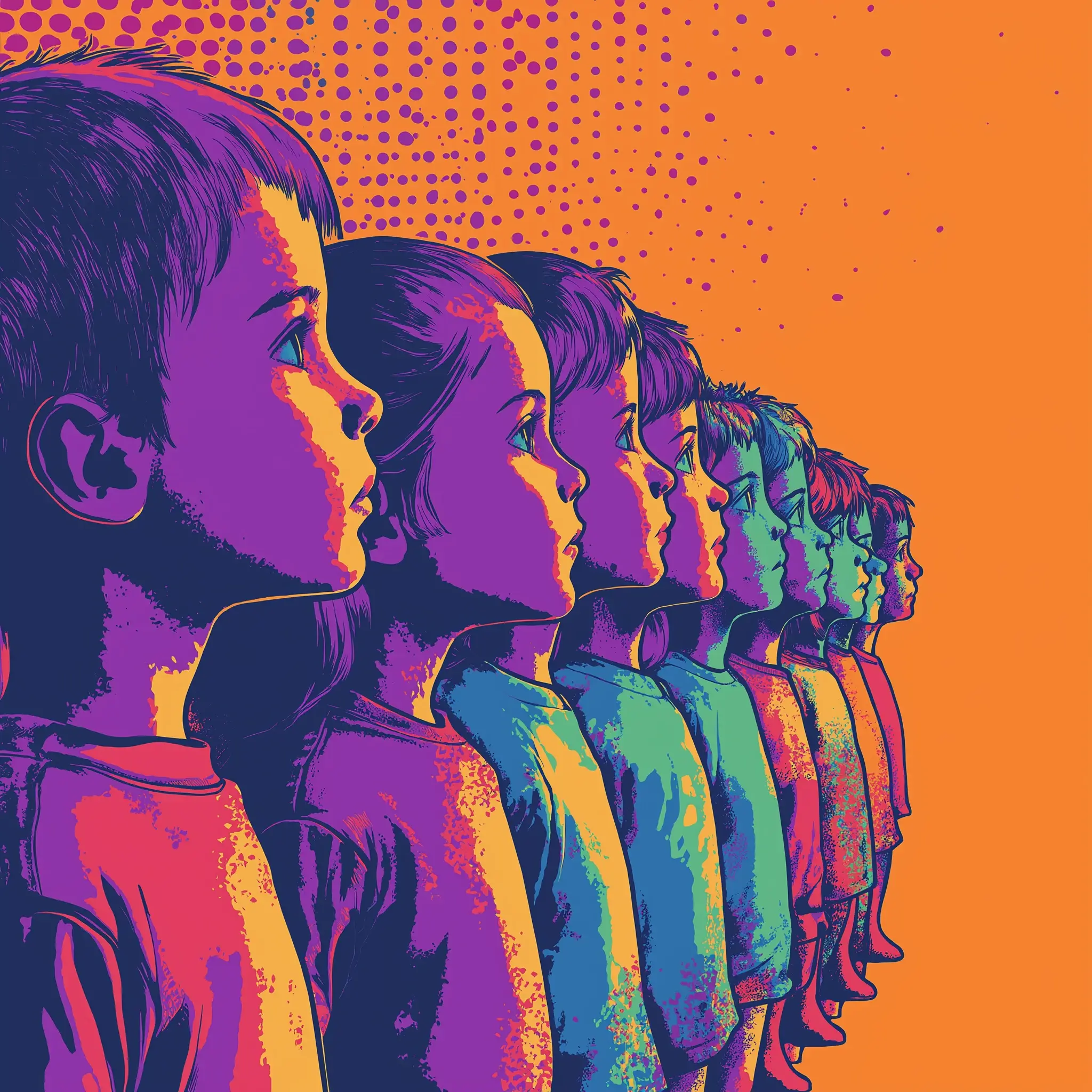
It affects a lot of families
ADHD occurs in 6-10% of Australian children
We're delighted to see the stigma associated with neurodiversity slowly eroding, but as awareness and acceptance grow in the community, an already stressed healthcare system is struggling to keep up.

Specialization bottleneck
There just aren’t enough paediatricians or psychiatrists
Outside of Queensland, most families seeking a diagnosis will be referred to a paediatrician or a child and adolescent psychiatrist.
These specialists are fantastic (and they're on our team) but there just aren't enough of them to care for half a million families.

Risk of misdiagnosis
For the wrong person, the medications can be harmful
For some children, non-pharmacological interventions are incredibly effective, but for others, carefully prescribed stimulants yield the best results.
When used inappropriately, these medicines can be dangerous, which raises the burden of proof required to prescribe them.

Complex coordination
It takes a lot of paperwork
The sheer volume of paperwork, and the complexity of collecting evidence from teachers or other adults in a child's life, means that it's all a bit harder than it should be.
Unfortunately, this is often the tip of the iceberg, and many doctors working in the field burn out over time, having spent countless unpaid hours drafting letters and reports.

